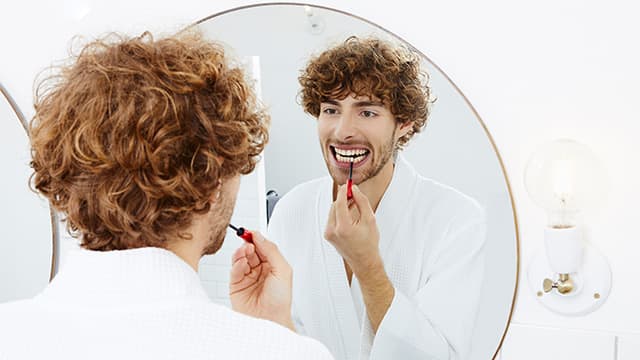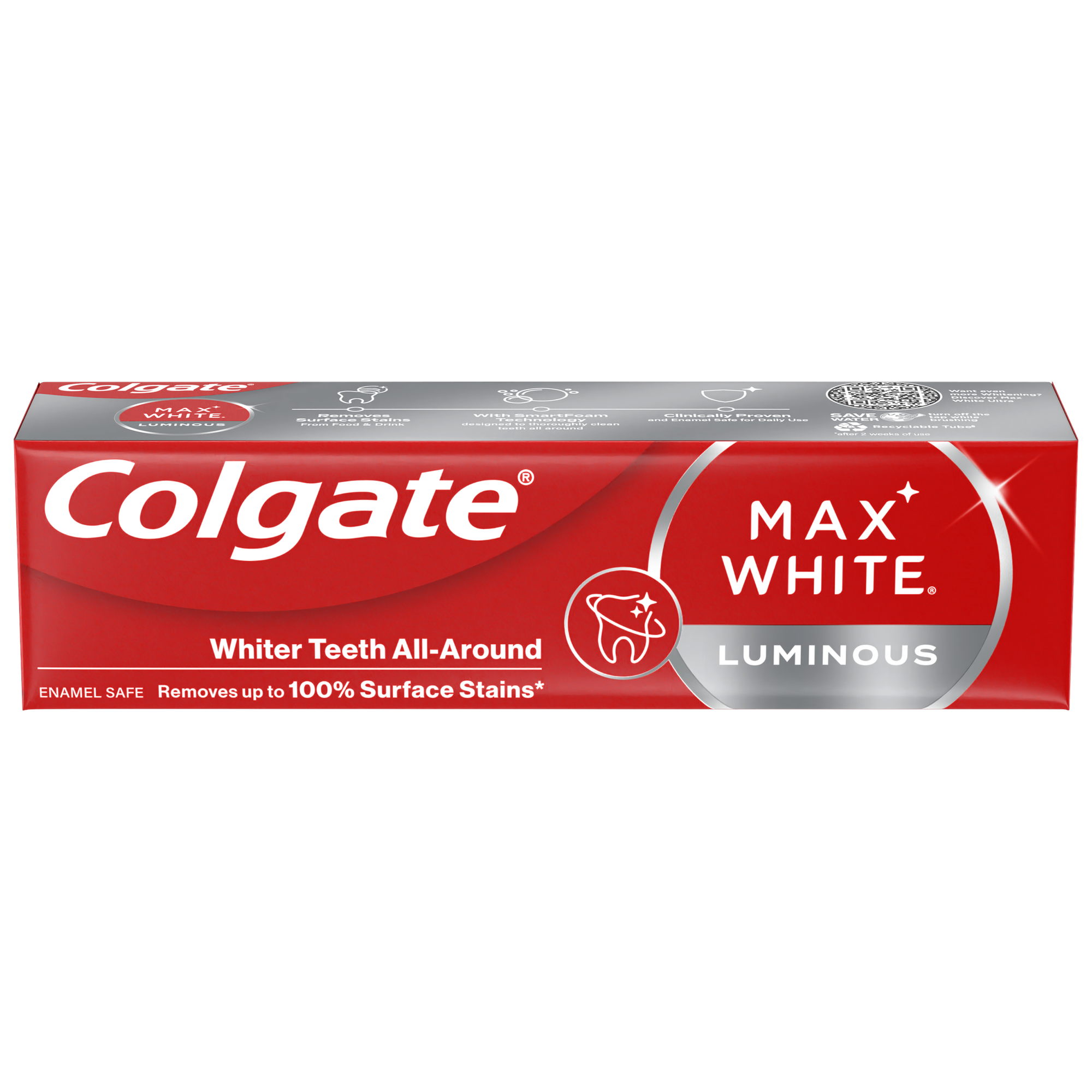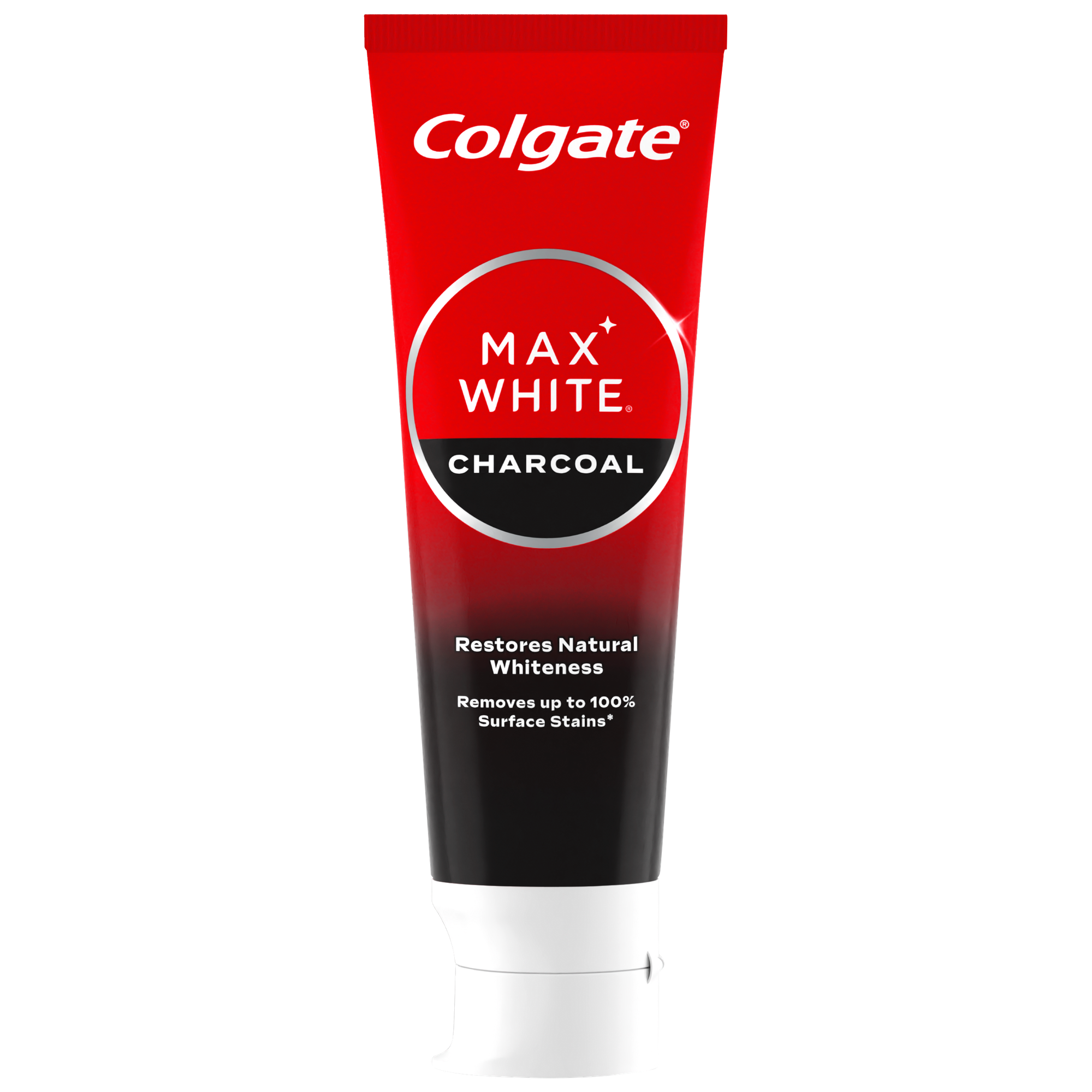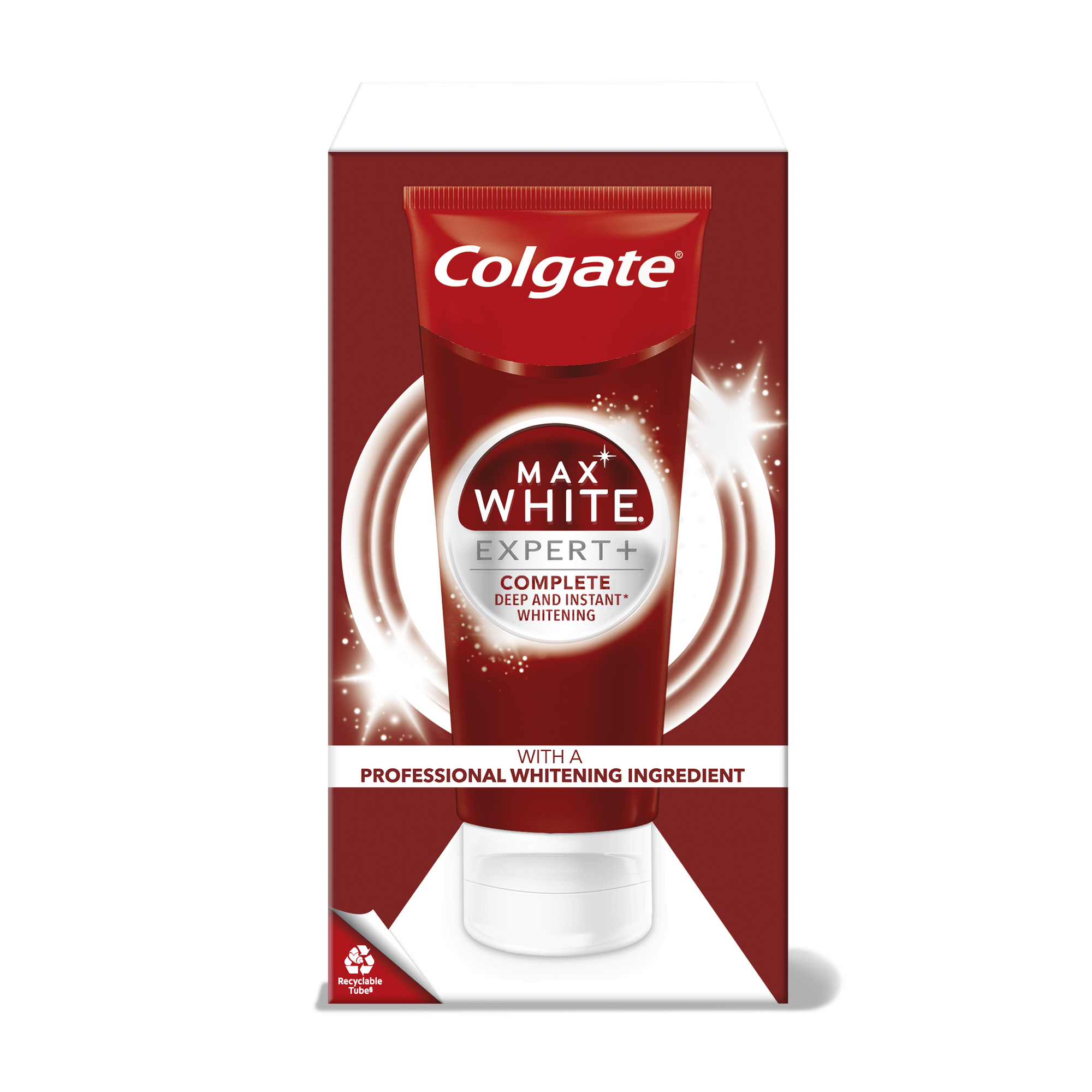1. Overusing Whitening Strips
Teeth whitening strips are an affordable, convenient way to get a brighter smile at home. Although they can effectively whiten your teeth, whitening strips can start to damage your teeth if you wear them too long or use them too often. The bleaching agents in whitening strips can increase your risk of tooth sensitivity, gum irritation, or in the worst cases, tooth damage. The peroxide can be harsh on your tooth enamel and gums and, if used too often, can start to destroy the layers of your teeth and cause erosion. This is why it’s so important to follow the manufacturer's instructions and talk to your dentist if you are experiencing discomfort or painful tooth sensitivity after using teeth whitening strips.
2. Using Baking Soda
You may have heard that baking soda can clean your teeth and remove surface stains, but baking soda isn't the best or most effective teeth whitening option. If you use household baking soda, its abrasiveness can weaken parts of your tooth enamel and increase sensitivity. It's generally safer to use a whitening toothpaste than it is to brush with baking soda.
We recommend trying our Colgate Deep Clean with Baking Soda Toothpaste! It helps to fight cavities and remove plaque while gently removing stains from your teeth with a non-abrasive formula that uses baking soda safely – it’s a great way to naturally whiten your teeth!
3. Using Lemon Juice or Apple Cider Vinegar
Unfortunately, using lemon juice, apple cider vinegar or another acidic liquid to whiten your teeth can cause enamel erosion. Keep in mind the NHS says that citrus fruits, such as lemons, are one of the foods that can damage teeth.
4. Using Ill-Fitting Whitening Trays
One-size-fits-all teeth whitening trays sold in shops can lead to some problems. The whitening gel may leak if the tray doesn't fit your mouth, potentially irritating your gums. Also, if the whitening ingredients leak out of the tray, you may not see results! These are the reasons why getting a customised tray from your dentist is often more effective, even if it is more expensive than the over-the-counter whitening trays.
5. Using Any Product Not Designed for Teeth
You may be used to seeing recommendations for at-home teeth whitening on social media, using household products like hydrogen peroxide or even bleach. However, these products were not created for oral care and can lead to damage or worse. Always seek out oral care products from oral care experts!
Other teeth whitening mistakes
As well as the five common teeth whitening mistakes above, other mistakes can be made when people whiten their own teeth. Here are a few additional ones that come up often:
- Not consulting your dentist before you start your whitening journey – especially if you suffer from sensitive teeth or gums. Your dentist can advise on the best products for you to use.
- Overusing whitening products – this is a surefire way to end up with tooth sensitivity or pain. Most whitening products are designed to be used a few times a week for a specified length of time. Always follow the instructions on the product packaging.
- Eating acidic foods or drinks just before or after whitening. Whitening can make your teeth and gums sensitive, which can be made worse if you eat or drink anything particularly acidic or sugary. Avoid these foods for at least 48 hours before and after whitening.
- Treating teeth whitening as a one-time treatment – teeth whitening is a process and has to be done regularly for you to see the results. Don’t expect your teeth to be sparkling after one treatment!
- Going for teeth whitening treatments with your beauty therapist – teeth whitening treatments should only be carried out by dental professionals. Don’t be tempted to opt for cheaper treatments as they may use products or methods that aren’t regulated and may damage your teeth.Check with your dentist and remember that anyone who administers teeth whitening treatments must legally be registered with the General Dental Council.
Effects of incorrect whitening methods
If you don't follow the correct instructions for teeth whitening or go for unregulated treatments at beauty salons, you may suffer the effects of teeth whitening gone wrong. Some of the side effects include:
- Tooth sensitivity: the dentine in your tooth can become very sensitive and leave you in a lot of pain.
- Gum irritation: soft tissue irritation or chemical burns can happen during the whitening process if bleach is left on your gums for too long. This can be painful, cause white or red patches on your gums and take a while to clear up.
- Poor results: if you’re carrying out teeth whitening treatments yourself, you may not get the results you hoped for. If you over-whiten your teeth they may appear grey instead of white. Also, if you have composite bonding, veneers, caps or fillings, the whitening solution won’t work on these areas and could leave you with an uneven finish.
If you’re in pursuit of a brighter smile, remember these five common mistakes as you search, and always speak with your dentist about teeth whitening options. They can recommend the best whitening treatment or product for your needs to ensure you don't accidentally cause damage or tooth sensitivity. There are safe ways to do at-home teeth whitening that will leave you with great results, especially when you ask a professional before starting any treatment.
ORAL HEALTH QUIZ
What's behind your smile?
Take our Oral Health assessment to get the most from your oral care routine
ORAL HEALTH QUIZ
What's behind your smile?
Take our Oral Health assessment to get the most from your oral care routine













